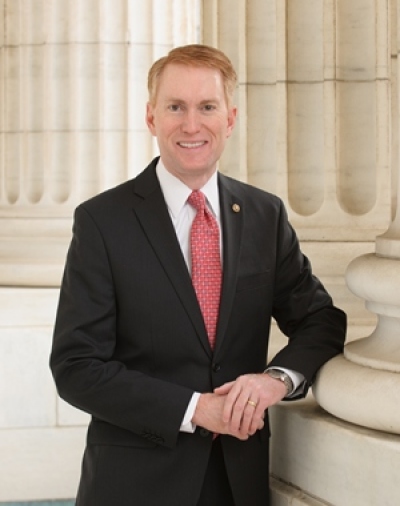Honor MLK's Legacy by Engaging People Who Are Different

Half a century ago, the voice of love and equality, Dr. Martin Luther King Jr. was tragically murdered in Memphis, Tennessee.
Despite the shocking end to his life, King's work left behind a powerful legacy that impacted not only on America, but the world. It was the consciousness of Dr. King, the civil rights movement, and many in the faith community that rightly pointed out the American hypocrisy that our laws did not reflect the Declaration of Independence truth that "all men are created equal and endowed by their Creator with certain unalienable rights."
Americans, and citizens around the world, remember King's legacy for his call to freedom and racial unity through love and engagement; a message he still shares with the world a half-century later. The supremacy of any race over another is not only immoral, it's contradictory to the fundamental idea of America and our Declaration of Independence.
Love is the consistent theme throughout many of his writings and remarks: "Love is the only force capable of transforming an enemy into a friend," or "I have decided to stick with love ... Hate is too great a burden to bear," or "Darkness cannot drive out darkness; only light can do that. Hate cannot drive out hate; only love can do that."
Fifty years later, America still needs his message of love and unity.
On social media and cable news, discourse often looks like hate trying to drive out hate, rather than light and love driving out hate. Angry bitter dialogue harms our ability to be the UNITED States of America. Our divisive rhetoric loses sight of the message of Dr. King, from the scriptures, that all people are made in the image of God and have inherent worth and dignity.
We can disagree without being disagreeable. We can challenge each other's views and perspectives without tearing down the person who holds them.
To address the racial tensions in America, Senator Tim Scott and I started an Initiative two years ago called "Solution Sunday." After the police shootings in 2016 in Dallas, Minnesota, and Louisiana, we challenged our constituents and people all across America to address racial tensions by engaging people of another race over a meal in their home. We encouraged people to take time to stop, and to listen to one another and build trust by spending time over a meal at our family table.
The real national conversation on race will not occur at a rally, a big event, or in the media, since in a crowd or on TV we can talk about each other, but not really to each other. I believe that "national conversations" are really millions of individual family and friend conversations, best shared over a meal, in our home.
If it seems too simple and obvious, let me ask you this question: Has your family ever shared a meal at your home with a family of another race? If not, why not? To say it simply, we will never get all our issues on the table, until we get our feet under the same table. Demonstrating to our kids and grandkids genuine friendships across racial lines is much more powerful than words.
After two centuries, we are making progress on race, but we seem to be rapidly losing our "melting pot" of ideas, respect, and acceptance. A trend has emerged that encourages people to listen only to people who share their values, philosophy, and ideas, then dismiss or belittle anyone who is different or disagrees, even if they only disagree on a few issues. A good burn, rather than a good word, is the new goal. We still need the reminder that "love is the only force capable of transforming an enemy into a friend."
Let this anniversary of Martin Luther King Jr.'s death be an opportunity to honor his memory and legacy by engaging neighbors who are different - racially, ideologically, religiously, and socioeconomically. If the national pendulum is ever going to swing, it will require role models in every community who don't just call out others for respectful engagement, they live it.





















